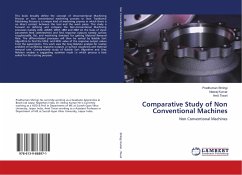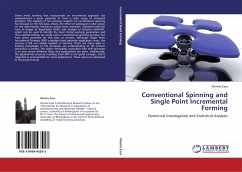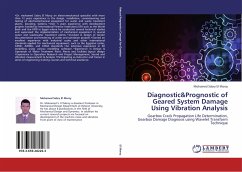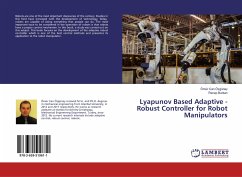
Comparision - Conventional PID Controller & PID Based Fuzzy Controller
Feedback Controllers
Versandkostenfrei!
Versandfertig in 6-10 Tagen
36,99 €
inkl. MwSt.

PAYBACK Punkte
18 °P sammeln!
The Proportional Integral Derivative (PID) controller is one of the most common type of feedback controllers used in dynamics systems. This controller has been widely used in many different areas such as aerospace, process control, manufacturing, robotics and automation. In this book a comparison has been made between the performances of PID controllers used in various industries and that of its fuzzy model. To achieve this goal, real time data was collected from different PID controllers used in various industries for measurement of temperature, pressure, flow and level at various positions i...
The Proportional Integral Derivative (PID) controller is one of the most common type of feedback controllers used in dynamics systems. This controller has been widely used in many different areas such as aerospace, process control, manufacturing, robotics and automation. In this book a comparison has been made between the performances of PID controllers used in various industries and that of its fuzzy model. To achieve this goal, real time data was collected from different PID controllers used in various industries for measurement of temperature, pressure, flow and level at various positions in process. On the bases of this collected data, a fuzzy model has been developed for each PID controller. The fuzzy logic based controller has been implemented by taking error and change in error as the inputs and incorporating the IF-THEN rules. On the bases of the rule-base a fuzzified output was obtained. Finally, a comparison has been made between the performance of PID controller and that of its fuzzy model.












